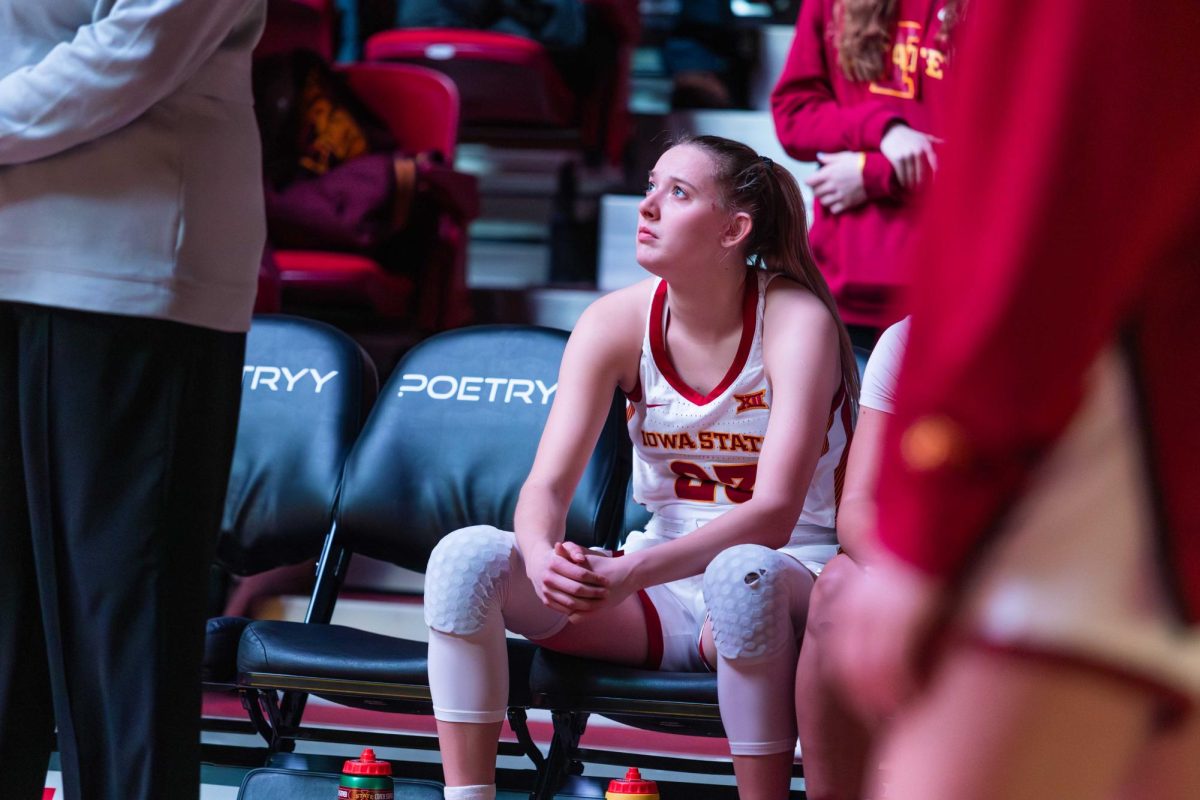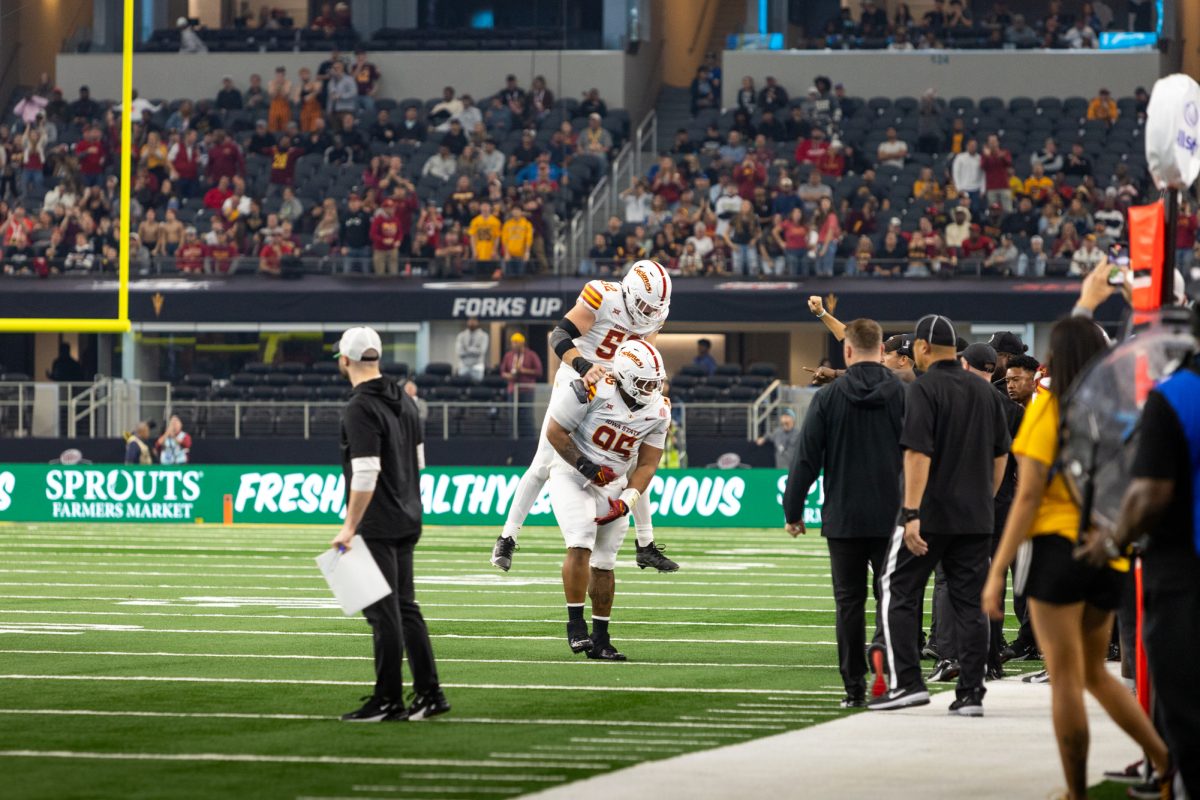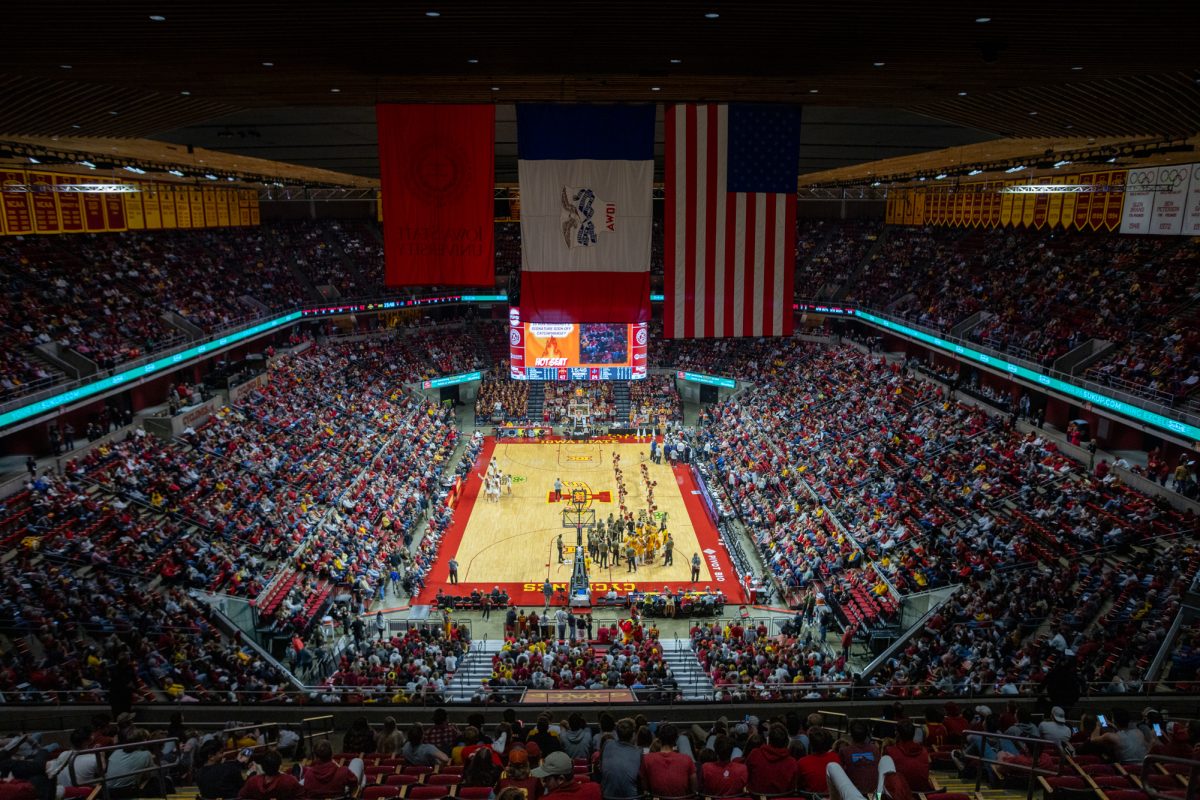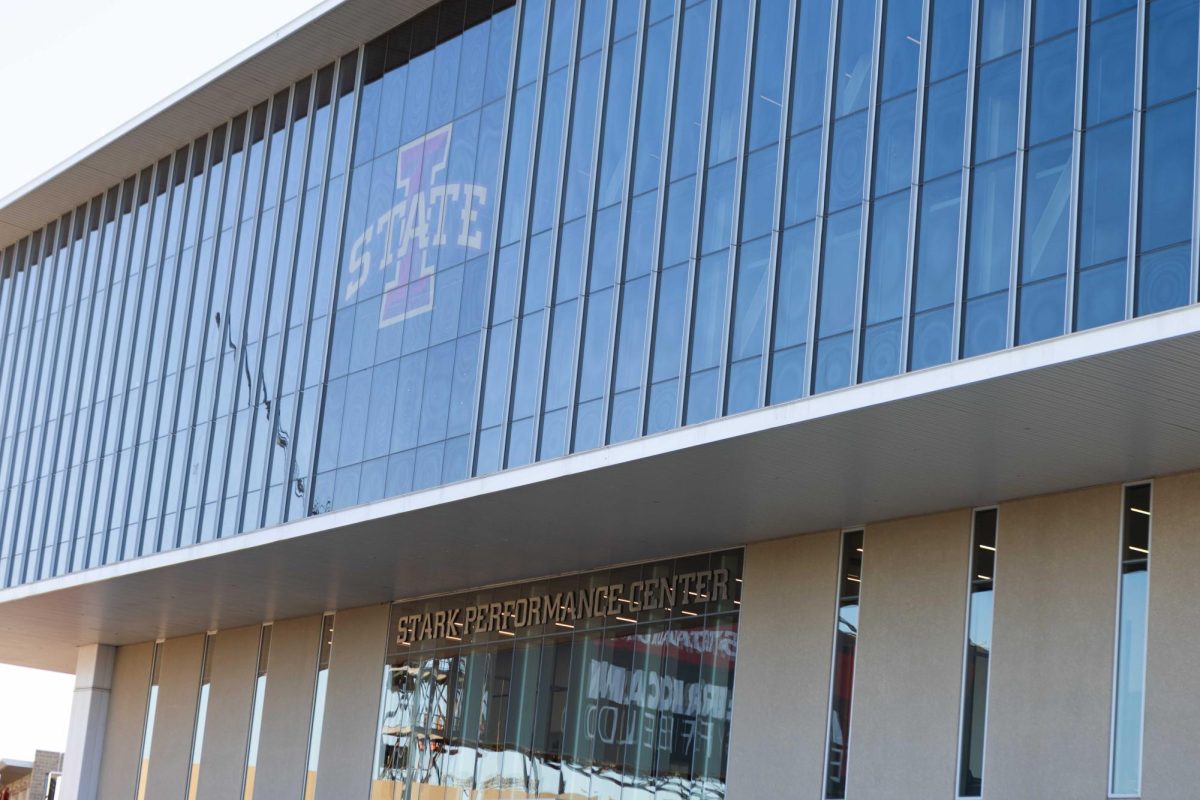IRHA to zero fund KURE
January 25, 1999
The source of funding for Iowa State’s student-run radio station KURE (88.5 FM) was again the main topic of discussion at the Inter-Residence Hall Association meeting Thursday night.
The IRHA internal affairs committee announced it will lobby for zero funding for KURE. IRHA would like the Government of the Student Body to take over full funding for the station.
“Internal affairs is still leaning towards requesting total GSB funding,” said Scott Meyers, UDA president and senior in computer engineering.
Currently, KURE takes about 25 percent of IRHA’s budget.
Some IRHA representatives feel it is unfair for residents to pay “twice” toward the funding of KURE because the residents pay dues to both IRHA and GSB.
IRHA currently funds 60 percent of KURE’s operating costs and GSB funds 40 percent of the station’s operating costs, as well as capital expenses.
IRHA pays a set amount each year. For the 1999 fiscal year, that amount was about $10,200.
There are about 8,000 students who pay dues to IRHA and 25,000 who pay to GSB.
“We really haven’t heard anything from GSB yet, so that’s the big thing we have to wait for,” Meyers said. “It could really go either way.”
Anderson said IRHA would like GSB to take over the funding, but also is looking into alternatives.
“We are pretty set on not allowing them into our funding process,” said Eric Anderson, president of Towers Residence Association. “If [GSB] gives them all the funding that KURE needs, that will put an end to it right now. But if it all works out for the worst, we don’t want [KURE] to die, so there may be ways to keep them alive.”
In an open discussion, which lasted more than an hour, IRHA discussed possible alternatives to cutting funding to the station, and KURE representatives emphasized the station’s contribution to the students.
Shane Ross, KURE marketing director, said it is hard to “segment off” benefits that only affect residence hall students. However, he said on-campus students do have more computer access, which will be beneficial when KURE starts broadcasting online, tentatively within the next month.
“I think, in all honesty, [online broadcasting] would benefit IRHA students more than off-campus students because they have more access to computers,” said Ross, senior in marketing.
Lewis Hendrickson, KURE general manager and senior in accounting, said the station also is looking into additional things it can do specifically for IRHA. “We want to benefit as many students as we possibly can,” he said.
Both IRHA and KURE agreed there could be possible alternatives in altering the current situation to make it beneficial for both sides.
“There’s definitely things that can be done, and that might be the way to go,” said Anderson, senior in computer engineering. “If we sit down and think about it, I do see a lot of potential for KURE that could be mutually beneficial.”
He said residence hall concerts or special programs are all potential options.
IRHA President Ben Chamberlain and Vice President Dave Sims have taken advantage of an opportunity to host IRHA Radio on Tuesdays from noon to 2 p.m., starting this week.
Anderson said he has been talking to his constituents and getting their opinions on the issue.
“There isn’t much negative reaction to it from the residence halls. I guess we are doing the right thing,” he said.
However, KURE representatives said they think most of the students would choose to support the station.
“As members of a representative government, they have to do what they feel is best for the people they represent,” Ross said. “All we have to do is prove that their constituents want us funded.”
Ross said KURE administrators feel the IRHA internal affairs committee is moving too fast.
“I think it’s progressing a little quickly; they already seem to have their decision made,” he said. “They are doing what they feel is right without talking to people.”
Ross said the station plans to distribute letters requesting individual students to send their input to IRHA.
In a 1982 report brought to the meeting by KURE, the KPGY (call letters became the current KURE in 1996) Funding Committee discussed issues similar to those being reviewed now; this time creating a funding agreement.
The report recognized that it was unfair for residence hall students to be paying a greater percentage of KPGY’s budget without any special benefits.
The KPGY representatives requested that GSB take over full funding for the station to avoid on-campus residents paying more for the operation of the station than off-campus residents. Ross said at the conclusion of the 1982 committee, the current 60 percent IRHA, 40 percent GSB funding was agreed on.
“I think they’re going to have a big problem if they try doing it because in 1982 they had about 300 people protesting,” said Scott Terpkosh, KURE alumni and 1983-85 ISU student. “I’d be surprised if the university doesn’t back the agreement that was made in 1982.”
At the Thursday meeting, IRHA also proposed a bill to approve KURE’s Authorization document, which describes rules and organization for the station.
The bill, which will be voted on next Thursday, does not concern the funding of KURE.






